Goods and Services Tax (GST) on transportation charges significantly impacts businesses that rely on the movement of goods. Understanding GST rates, exemptions, and compliance requirements is crucial for keeping logistics costs in check. With GST, transport services like road, rail, and air freight come under specific tax brackets, affecting domestic and international shipments. Misinterpreting these rates can lead to costly mistakes and non-compliance issues. Businesses must understand how these taxes apply to transportation charges, ensuring accurate invoicing and avoiding unnecessary penalties.
This guide will break down the GST rates on various transportation services, making it easier to understand and apply in day-to-day logistics operations.
GST on Different Modes of Transport
Understanding GST on different modes of transport is vital for businesses to manage their logistics expenses effectively. GST rates differ based on whether the transport is by rail, road, air, or water. These variations can influence the overall cost of transportation and, consequently, the pricing of goods.
Here’s a breakdown of how GST applies to each mode:
- Rail: GST rates for rail transport vary depending on the class of travel. For AC or first-class services, a 5% GST is applicable. However, sleeper classes and general class services are exempt from GST, making them a more cost-effective option for bulk transportation.
- Road: Road transport GST rules offer certain exemptions. Public transport services do not attract GST, providing an affordable option for mass transit. However, if the transportation is through AC carriages, a 5% GST rate applies, but businesses cannot claim an Input Tax Credit (ITC) on this.
- Air: Air transport rates differ between economy and business class. GST is 5% for economy-class tickets, making it relatively economical. On the other hand, business class tickets attract a higher rate of 12%, reflecting the premium service level.
- Water: Water transportation involves different rates based on the purpose. Passenger transport services are subject to a 5% GST rate, maintaining affordability. However, cargo transport using leased vessels is taxed at a higher rate of 18%, reflecting the commercial nature of these services.
Understanding Goods Transport Agency (GTA)
A Goods Transport Agency (GTA) is a business entity that provides road transportation services for goods and issues a consignment note (also known as a waybill) as proof of service. The consignment note is an official document, recording details like the sender, recipient, and the goods being transported. GTAs are pivotal in the logistics chain, ensuring the efficient movement of goods across regions.
GST Rates for GTA
The GST rates for services provided by GTAs vary depending on the choice of Input Tax Credit (ITC):
- 5% GST without ITC: GTAs can opt for a 5% GST rate if they do not claim any input tax credit on their expenses.
- 12% GST with ITC: GTAs can choose a 12% GST rate, allowing them to claim ITC on the input services and goods used in their operations.
Role of Reverse Charge Mechanism (RCM)
The Reverse Charge Mechanism (RCM) shifts the responsibility of paying GST from the GTA to the service recipient in certain scenarios. This means that instead of the GTA collecting and paying the GST, the recipient, typically a registered business, must handle the GST payment directly to the government. RCM is designed to streamline tax compliance and ensure that the tax burden aligns with the recipient’s ability to claim ITC, simplifying the tax process for GTAs.
GST Exemptions on Transport Charges
GST exemptions on transport charges help reduce the tax burden in certain cases, supporting essential services and ensuring affordability for basic needs. These exemptions aim to make specific goods and services more accessible by minimizing logistics costs. Here’s a closer look at key exemptions:
- Essential Goods: GST exemptions apply to transporting specific items, such as relief materials for disaster management, military equipment, and basic food items, such as grains, fruits, and vegetables. These exemptions ensure that essential goods reach their destinations without additional tax burdens, supporting critical operations and aiding those in need.
- Low-Value Transport Services: Transport services are exempt from GST if the charges are below Rs 1,500 for a single consignment. This exemption helps small businesses and individuals by reducing the tax implications for lower-value shipments, making logistics more affordable for smaller-scale movements.
- Household Goods and Unregistered Persons: Transporting household goods and providing services for unregistered individuals are also exempt from GST. This means that when shifting personal belongings or providing services to individuals not registered under GST, the transport charges do not attract GST, offering financial relief in non-commercial contexts.
Also Read: Understanding Different Types of Freight Charges: On-Carriage and Pre-Carriage
Input Tax Credit (ITC) and Compliance
Input Tax Credit (ITC) is a mechanism that allows businesses to reduce their overall GST liability by claiming credit for the taxes paid on purchases or input services. It plays a crucial role in the logistics industry, directly impacting the cost of transportation services and ensuring smooth business operations.
Here’s what businesses need to know about ITC and compliance:
- ITC Availability: The ability to claim ITC depends on the mode of transportation and whether the business is registered under GST. For instance, if a business opts for a 12% GST rate on transport services, it can claim ITC on the input services used. However, businesses cannot claim ITC when choosing a 5% GST rate. Therefore, selecting the right rate is essential for optimizing tax benefits.
- E-Way Bills Requirement: E-way bills are mandatory for the transportation of goods valued over ₹50,000. These electronic documents provide a detailed record of the movement of goods, ensuring that the transaction aligns with GST regulations. An e-way bill is critical for both the transporter and the recipient to ensure that the transport complies with GST laws, minimizing the risk of penalties.
- GST Returns and Audits: Filing GST returns and maintaining accurate records are vital for compliance. Businesses must regularly submit details of their sales, purchases, and tax collected to stay aligned with GST norms. Additionally, periodic audits help ensure that ITC claims are legitimate and all taxes have been correctly paid. Proper compliance through timely filing and accurate records helps businesses avoid legal issues and leverage the full benefits of ITC.
Supporting Services in Transport
Supporting services in transport refer to various auxiliary activities that facilitate the smooth movement of goods. These services are crucial for maintaining efficiency throughout the logistics chain, from the point of dispatch to the final delivery.
Supporting services are taxed at an 18% GST rate, making it essential for businesses to account for this when planning logistics expenses. This rate applies to services that assist in the transportation process but are not directly involved in the movement of goods.
- Types of Supporting Services: This category includes various activities like logistics coordination, warehousing, cargo handling, packaging, and unloading services. These services ensure that goods are stored safely, handled carefully, and delivered efficiently. By maintaining a high standard of service, they help businesses minimize risks and delays in the transportation process.
Also Read: VGM or Verified Gross Mass in Shipping Costs
Challenges and Initiatives in the Transportation Sector
The transportation sector faces various challenges, yet ongoing initiatives aim to address these issues and improve efficiency. Understanding the hurdles and the efforts to overcome them is key to navigating this industry effectively.
Challenges
- Traffic Congestion: Increasing urbanization has led to significant traffic congestion, particularly in metropolitan areas. This delays deliveries and increases fuel consumption, raising overall transportation costs.
- Pollution: Transportation remains a major contributor to air pollution, especially in cities. Diesel trucks and other heavy vehicle emissions negatively impact air quality, creating environmental and health concerns.
- Infrastructure Limitations: In many regions, outdated infrastructure and poor road conditions make transportation less efficient. Insufficient storage facilities, rail connectivity, and underdeveloped ports hinder smooth logistics operations, increasing transit times and costs.
Government Initiatives for Sector Improvement:
- Investment in Infrastructure: Governments invest heavily in developing roadways, expanding rail networks, and upgrading port facilities to boost transportation efficiency. Initiatives like the Bharatmala Project in India focus on constructing and improving highways to enhance freight movement across the country.
- Sustainability Efforts: To combat pollution, governments are encouraging the adoption of electric vehicles (EVs) and cleaner fuel alternatives in transportation. Subsidies and incentives for EV purchases and infrastructure development, like charging stations, aim to reduce the logistics sector’s carbon footprint. These efforts promote cleaner air and create opportunities for businesses to adopt more sustainable transport practices, benefiting both the environment and their bottom line.
For businesses looking to adopt sustainable transportation practices, Intoglo offers innovative solutions that focus on eco-friendly logistics. With a commitment to reducing carbon emissions and promoting energy-efficient transportation, Intoglo helps businesses transition towards greener logistics options, making sustainability a core part of their operations.
- Technology Integration: Initiatives to digitize the transport sector, such as using FASTags for toll payments and electronic e-way bills, are improving efficiency. These measures simplify regulatory compliance, reduce delays at toll points, and enhance transparency in logistics operations, leading to more streamlined transport processes.
Conclusion
Understanding GST on transportation charges is vital for maintaining business efficiency and ensuring smooth logistics operations. Proper application of GST rates, whether for different modes of transport or supporting services, can significantly impact the cost structure of a business. Compliance with GST regulations, such as maintaining accurate records, issuing e-way bills, and adhering to GST rates, is essential to avoid penalties and optimize tax benefits like Input Tax Credit (ITC). Businesses aligning their logistics practices with these requirements can streamline their operations, manage costs better, and stay competitive.
By partnering with Intoglo, businesses can understand the complexities of GST in transportation while benefiting from a hassle-free and transparent logistics experience.
Intoglo provides a solution tailored to meet the cross-border logistics needs for India-to-USA shipments. Our transparent pricing policy gives businesses clear quotations, detailed cost breakdowns, and well-defined terms and conditions. This transparency helps businesses budget more effectively and make informed decisions regarding their transportation needs.


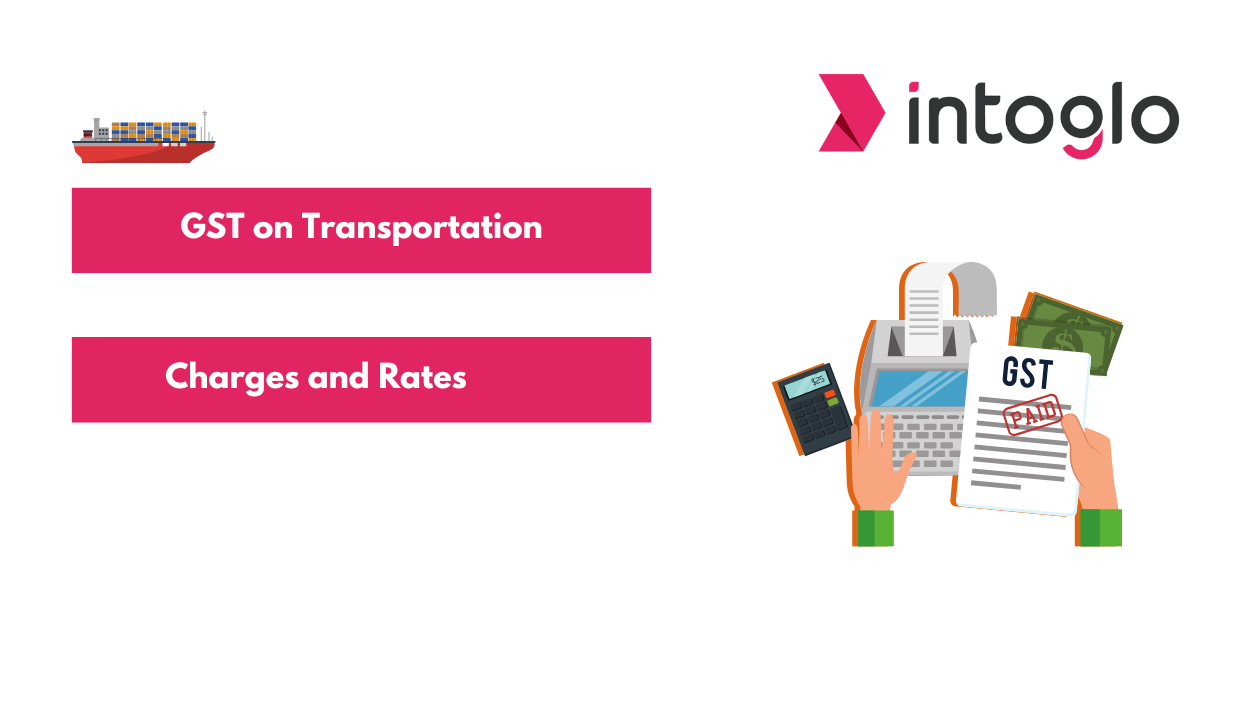
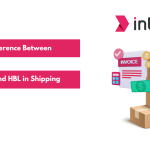
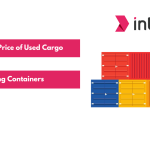
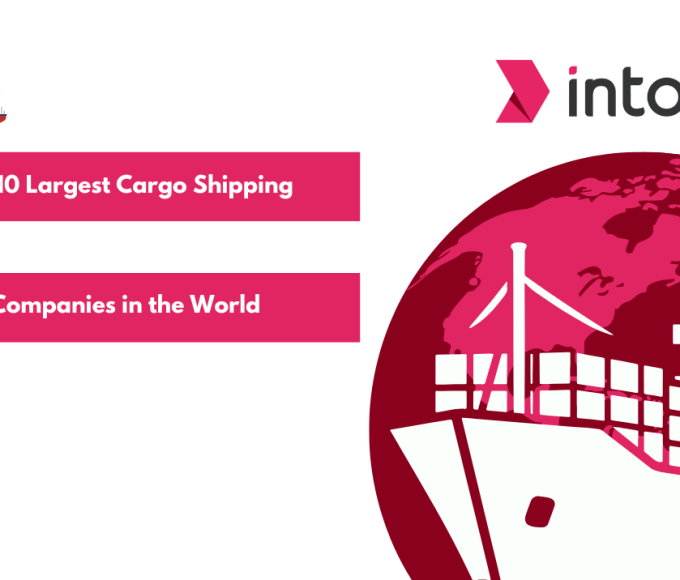
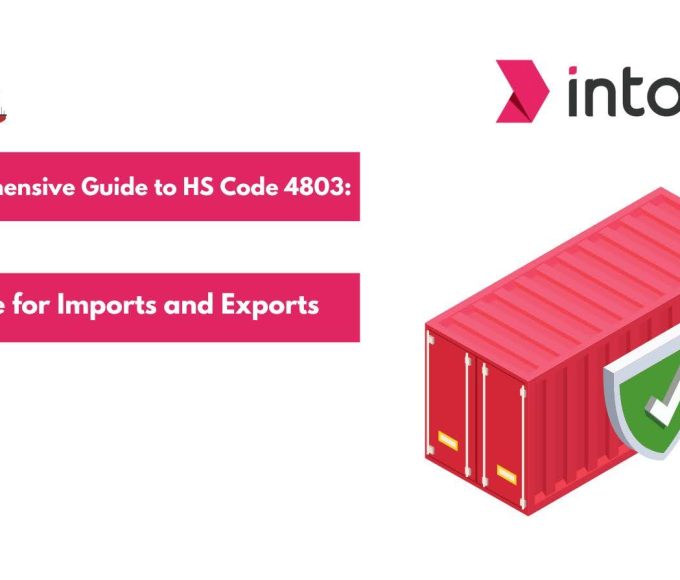
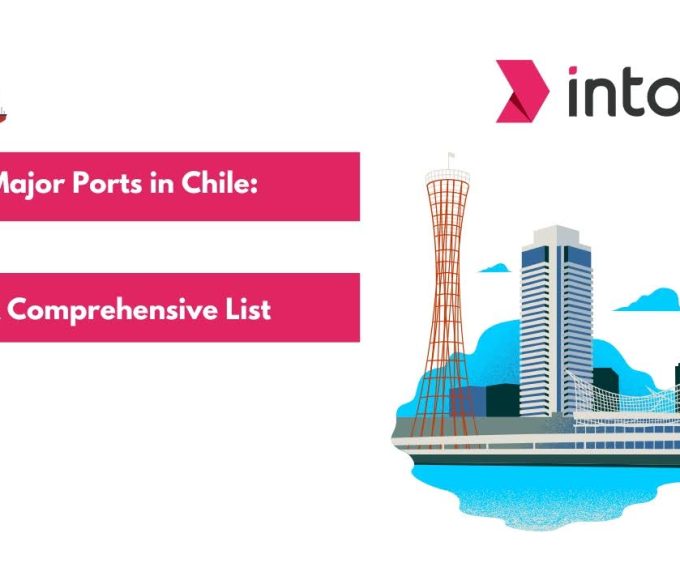
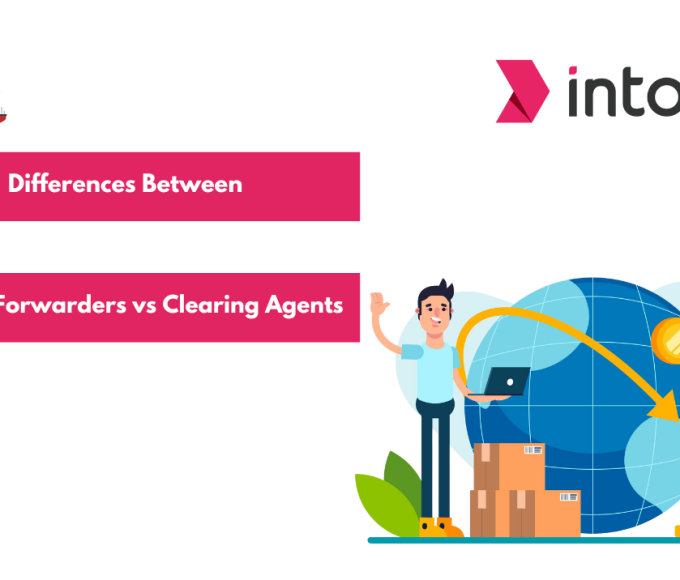
Leave a comment